To apply for a Vietnam eVisa, you must meet the following requirements:
- Be a citizen of an eligible country. As of August 15, 2023, Vietnam’s e-visa is available to citizens of all countries/territories around the world.
- Have a valid passport that is valid for at least six months beyond your intended travel date and has at least two blank pages.
- Have a digital scan of your passport biographical page.
- Have a digital passport photo.
- Have a credit or debit card.
- Have an email address.
To apply, you will need to visit the official Vietnam eVisa website and create an account. Once you have created an account, you can begin the application process.
The application process is relatively straightforward and should take no more than 15 minutes to complete. You will be asked to provide the following information:
- Personal information (full name, date of birth, nationality, etc.)
- Passport information (passport number, expiry date, etc.)
- Travel plans (arrival and departure dates, entry port, etc.)
- Contact information (email address, phone number, etc.)
Once you have completed the application and paid the visa fee, you will receive a confirmation email. Your visa application will then be processed by the Vietnamese Immigration Department.
Most eVisa applications are processed within three working days. Once your visa has been approved, you will receive an email with a link to download your eVisa. You can then print your eVisa and bring it with you to Vietnam.
When you arrive in Vietnam, you will need to present your eVisa to the immigration officer at your port of entry. The immigration officer will then stamp your passport and allow you to enter the country.
Benefits of Obtaining an eVisa for Vietnam
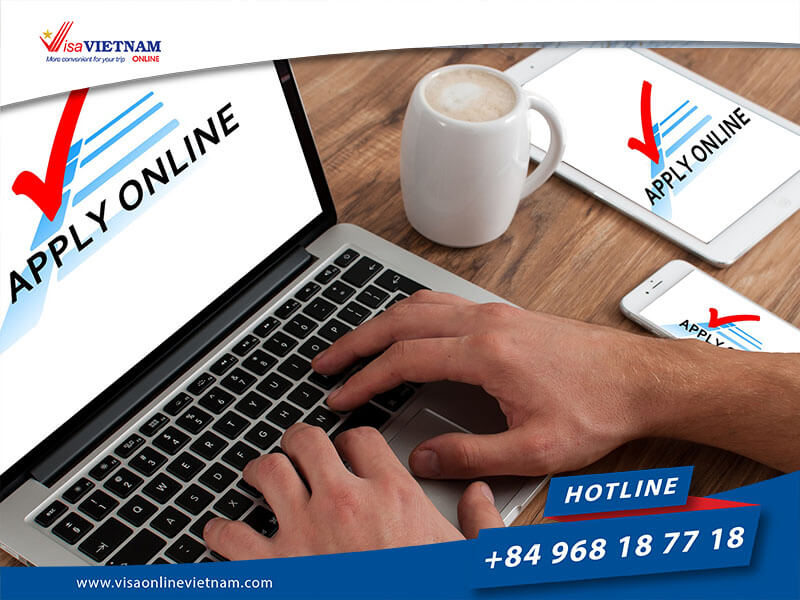
Before delving into the application process, let’s first understand why obtaining an eVisa for Vietnam is advantageous. The eVisa system was introduced by the Vietnamese government to simplify the visa application procedure and facilitate international travel. Here are some key benefits:
- Convenience: With an eVisa, you can apply online from the comfort of your own home, eliminating the need to visit an embassy or consulate.
- Time-saving: The eVisa application process is usually faster compared to traditional visa applications.
- Cost-effective: eVisas are often more affordable than other visa options, such as visa on arrival.
- Wide range of purposes: eVisas cover various purposes, including tourism, business, visiting relatives, and attending conferences or events.
Eligibility Criteria for eVisa Vietnam
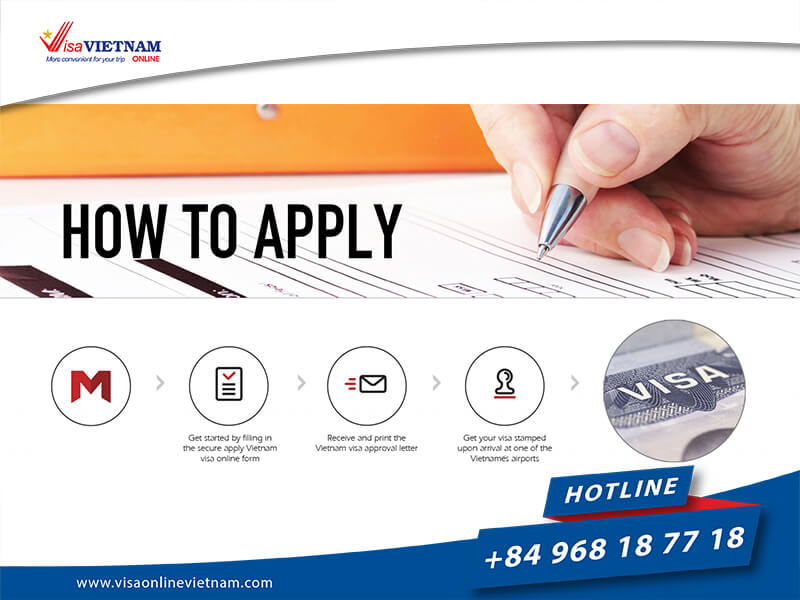
To qualify for an eVisa for Vietnam, you must meet certain eligibility criteria set by the Vietnamese immigration authorities. While these criteria may vary depending on the purpose of your visit, here are the general requirements:
- Nationality: The eVisa program is available to citizens of many countries around the world. However, it is essential to check if your country is eligible for eVisa issuance.
- Passport validity: Your passport should have a minimum validity of six months from the date of entry into Vietnam.
- Purpose of visit: You must specify the purpose of your visit, such as tourism, business, or other permitted activities.
- Intended duration of stay: The eVisa allows for a maximum stay of up to 30 days in Vietnam.
Please note that meeting these criteria does not guarantee approval of your eVisa application. Each application is reviewed individually, and additional factors may be considered before approval.
Validity and Duration of Stay with eVisa Vietnam
Understanding the validity and duration of stay permitted by an eVisa is crucial for planning your trip to Vietnam. Here are the key details:
- Validity period: An eVisa for Vietnam is typically valid for 30 days from the specified date of entry. It is essential to enter Vietnam within this validity period; otherwise, the visa will expire.
- Single entry: The eVisa allows for a single entry into Vietnam. If you plan to leave the country and return at a later date, you will need to apply for a new eVisa or consider alternative visa options.
- Duration of stay: With an eVisa, you can stay in Vietnam for a maximum of 30 consecutive days. Overstaying your visa can result in penalties and complications during future visits.
It’s crucial to plan your travel dates carefully and ensure compliance with the visa’s validity and duration of stay requirements to avoid any issues during your trip.
Fees and Payment Methods for eVisa Vietnam
Obtaining an eVisa for Vietnam involves certain fees, which vary depending on the nationality and type of visa you apply for. The following information will help you understand the fee structure and available payment methods:
- Application fee: The eVisa application fee is charged per applicant and must be paid online during the application process. The fee can vary, so it’s advisable to check the official government website for the most up-to-date information.
- Accepted payment methods: Typically, credit and debit cards are accepted for eVisa payments. However, available payment options may vary depending on the platform used for the application.
Remember to keep a record of your payment transaction for future reference, as proof of payment may be required during your visa application process.
Required Documents for Applying for eVisa Vietnam
To complete the eVisa application successfully, you will need to submit certain documents as part of the process. Here is a list of commonly required documents:
- Passport: A scanned copy of the bio-data page of your passport, which shows personal details and passport validity.
- Digital photo: A recent, passport-sized photo in electronic format (JPEG or PNG), adhering to specific requirements such as size, background color, and face visibility.
- Travel itinerary: Details of your travel plans, including flight bookings, accommodation reservations, and intended activities in Vietnam.
- Proof of accommodation: Documentation or hotel reservations indicating where you will be staying during your visit to Vietnam.
- Proof of travel insurance: It is advisable to have travel insurance that covers medical expenses and emergencies while in Vietnam. Provide a copy of your insurance policy or relevant documentation.
- Supporting documents: Depending on the purpose of your visit, additional documents may be required. For example, if you are traveling for business purposes, you may need an invitation letter from your Vietnamese host or a business introduction letter.
Ensure that all scanned documents are clear, legible, and within the specified file size limits mentioned in the application guidelines. Failure to provide accurate and complete documentation may result in delays or rejection of your visa application.
Processing Time for eVisa Vietnam
The processing time for eVisa applications varies, and it’s essential to take this into account when planning your trip. While some applications may be processed quickly, others may require more time. Here are some factors that can influence the processing time:
- Application volume: The time taken to process eVisas depends on the number of applications received by the immigration authorities at any given time.
- Accuracy of information: Providing accurate and complete information in your application can help expedite the processing time.
- Security checks: Some applications may undergo additional security checks, which can prolong the processing period.
It is advisable to apply for your eVisa well in advance of your intended travel date to allow sufficient time for processing. However, it’s worth noting that the processing time can change, so it’s recommended to check the official government website for the most up-to-date information.
eVisa vs. Visa on Arrival: Pros and Cons for Vietnam
While the eVisa is a popular choice for many travelers visiting Vietnam, it’s essential to understand the differences between eVisas and visa on arrival (VOA) to make an informed decision. Here are some pros and cons of each option:
eVisa:
- Pros:
- Convenience of applying online from anywhere in the world.
- Faster processing time compared to some traditional visa options.
- Clear guidelines and requirements specified by the Vietnamese government.
- Cons:
- Limited to certain entry points and not available for all nationalities.
- Single-entry only, requiring a new application for multiple entries.
Visa on Arrival (VOA):
- Pros:
- Flexibility to obtain a visa upon arrival at designated international airports in Vietnam.
- Suitable for travelers who do not have access to eVisa services.
- Cons:
- Longer waiting times upon arrival, especially during peak travel seasons.
- Potential uncertainties or complications if documents are incomplete or requirements are not met.
Before deciding which option is best for you, consider factors such as your nationality, intended duration of stay, entry points, and personal preferences.
Restrictions and Limitations of eVisa Vietnam
While the eVisa offers convenience and ease of application, there are certain restrictions and limitations to be aware of:
- Entry points: eVisas are valid only for entry through selected international airports, land border crossings, and seaports in Vietnam. Ensure that your intended point of entry is eligible for eVisa issuance.
- Extension and conversion: The eVisa cannot be extended or converted into other types of visas. If you require a longer stay or a different visa category, you will need to explore alternative options.
- Border crossings: If you plan to travel to neighboring countries and re-enter Vietnam, double-check whether your eVisa allows for multiple entries or if you need to apply for a new visa each time.
It’s crucial to familiarize yourself with these restrictions and plan your travel accordingly to avoid any complications during your trip.
Tips for a Smooth eVisa Application for Vietnam
To ensure a smooth and successful eVisa application process, consider the following tips:
- Start early: Begin the application process well in advance of your planned travel date to allow sufficient time for processing and any unforeseen delays.
- Follow guidelines: Carefully read and follow the guidelines provided on the official government website for the eVisa application. Pay attention to specific requirements for documents, photo specifications, and payment procedures.
- Double-check information: Review your application before submission to ensure that all information is accurate and matches the details on your passport.
- Keep copies: Make copies or take screenshots of your completed application and payment confirmation for reference purposes.
- Contact support if needed: If you encounter any issues or have questions during the application process, don’t hesitate to reach out to the designated support channels provided by the Vietnamese immigration authorities.
By adhering to these tips, you can increase the likelihood of a successful eVisa application and enjoy a hassle-free journey to Vietnam.

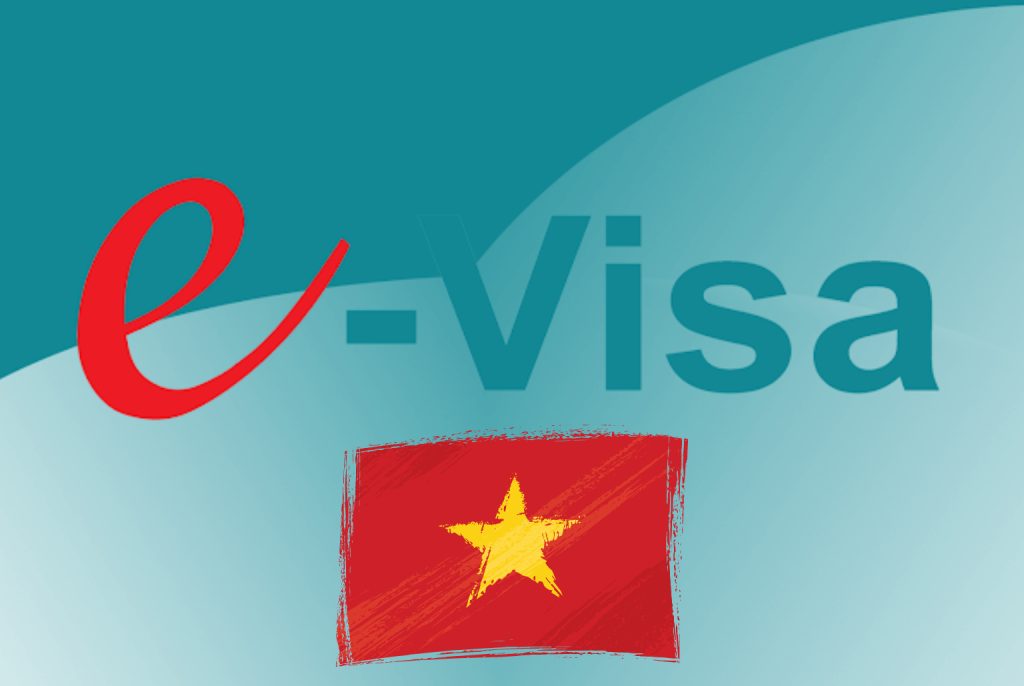

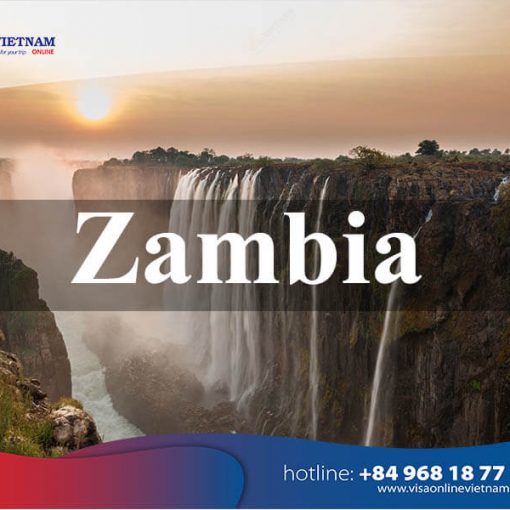
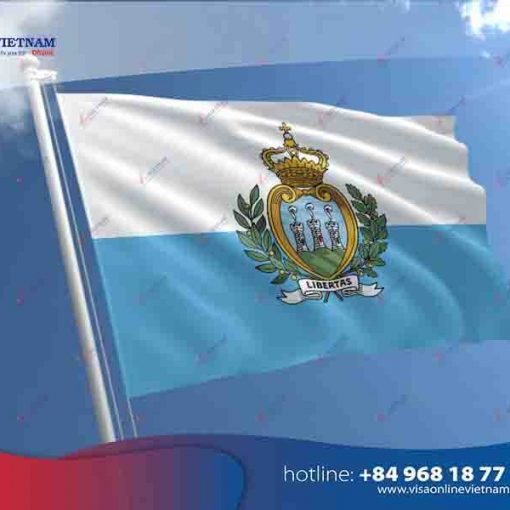
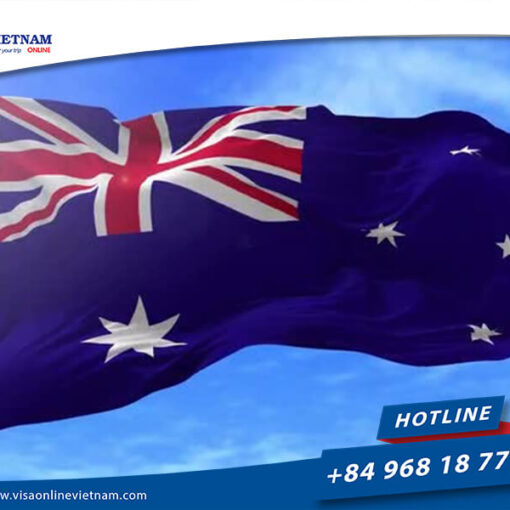
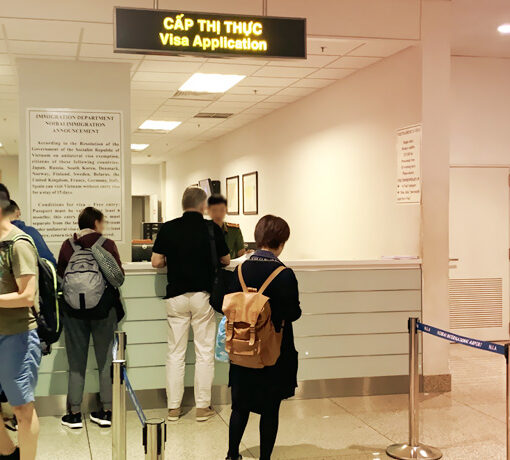
One thought on “EVisa Vietnam Application Process and Requirements”
Hello
We are travelling to Brisbane, Australia from Bangkok, Thailand on the 4th August. We arrive on Thai Vietjet
Flight no: VZ974 at 7.55am and leave on Thai Vietjet
Flight no: VJ83 at 10.50am the same day.
We are advised we need to apply for a transit visa. Could you please advise for which visa we should apply nd how to do so online, or would it be quicker to come into your embassy in Bangkok and obtain one?
Thank You
Colin and Jan Andersen